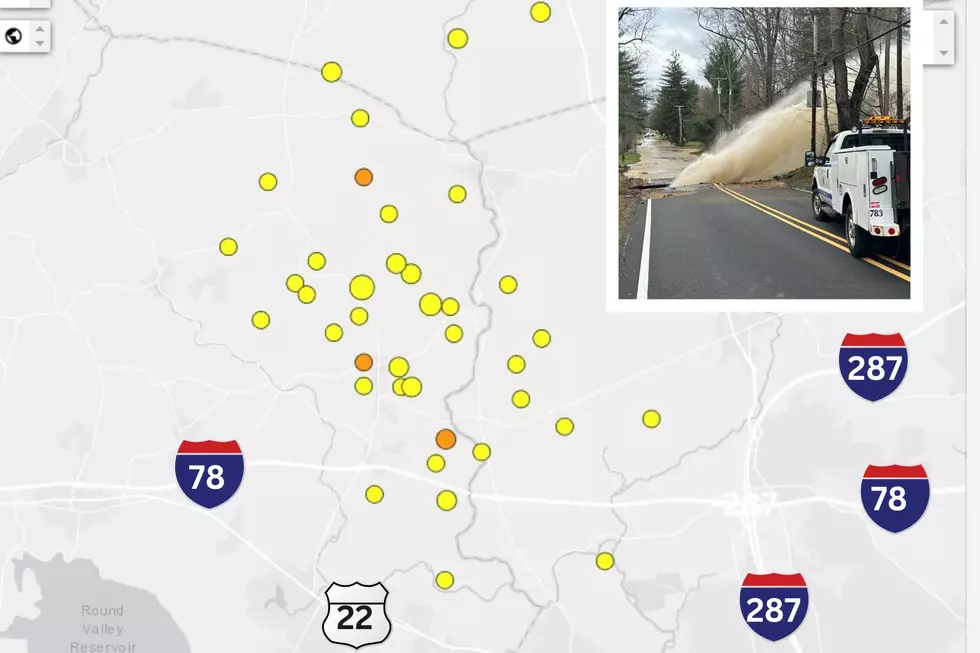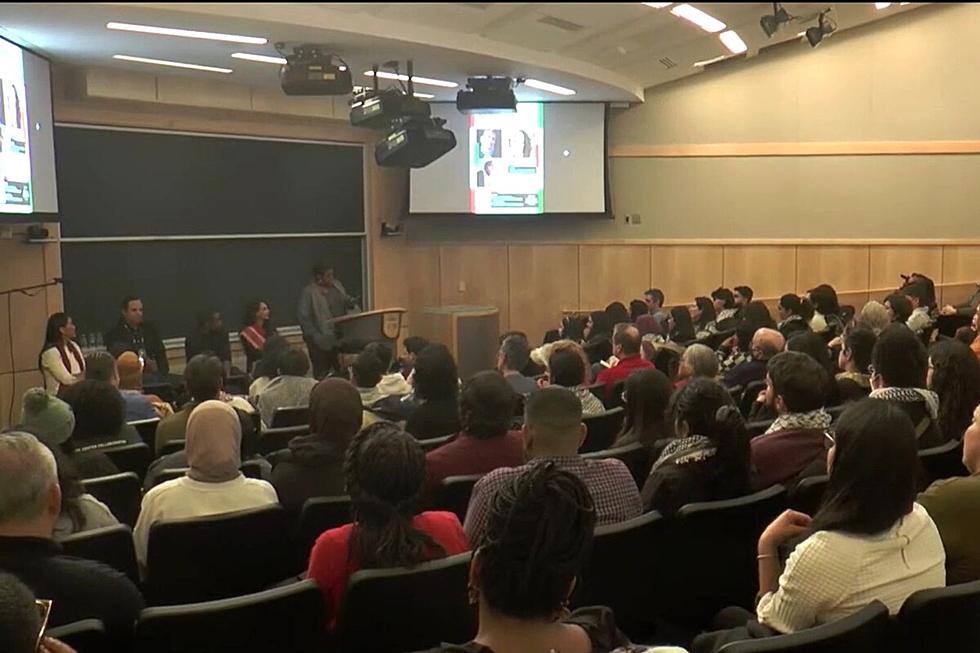
‘Share tables,’ menu options: How NJ schools are cutting food waste
Food waste is considered a problem because it creates emissions of greenhouse gases that are more potent that carbon dioxide, according to Sara Elnakib of Rutgers Department of Family and Community Health Sciences.
And while so much food is being wasted, 1 in 8 people are hungry or unsure where their next meal is coming from.
An estimated 40% of the food grown in the United States is thrown out. Food wasted in schools comes from kitchen preparation as well as students, who may take more than they need or take required items they don't want.
Elnakib and fellow Rutgers expert Jennifer Shukaitis have co-authored the new School Food Waste Reduction Toolkit to help reduce food waste in K-12 schools.
Elnakib said creating changes in the school food system can cut down on food waste. So far the changes have been implemented in the Paterson and New Brunswick districts.
One way to reduce food waste is to have "share tables." That's where students put unopened food and beverages so other students can take it at no cost. Or after lunch is over, the food on the share table can be used for a sports team or after-school program where kids can have access to it later on in the day.
Things were also changed in the school environment by making the food more appealing and convenient for kids. Elnakib said for the younger kids, giving them cut-up oranges and apples instead of the whole fruit is convenient. Research shows that making healthier food more convenient for kids allows them to eat more of it.
Then there's giving kids more food options. Elnakib said in low-income school districts, students get one fruit, one vegetable, and one or two entrees to choose from.
"In the Paterson school district, we convinced the food service staff to provide multiple options of both fruits and vegetables," said Elnakib. So there were both canned and fresh fruits and both hot and cold vegetables to appeal to all different tastes.
Elnakib said so far the reaction to lowering food waste has been incredible. In the 15 schools in the Paterson school district, Rutgers found there were 84 pounds of food waste per school per day. After the food waste reduction changes were implemented in the lunchroom, 12 pounds of food were saved per school per day. Elnakib realizes that 12 pounds may not sound like a lot per school per day, but in a school district as big as Paterson, the district saved 90,720 pounds of food during the 2017-2018 school year.
The Paterson school district saved $76,452 that school year as well.
She said the Rutgers Cooperative Extension applied for a new environmental education grant from the EPA and Rutgers received support from the Paterson schools.
Elnakib said for the 2019-20 school year, the food waste reduction program will be expanded to other districts.
More from New Jersey 101.5:
More From New Jersey 101.5 FM









